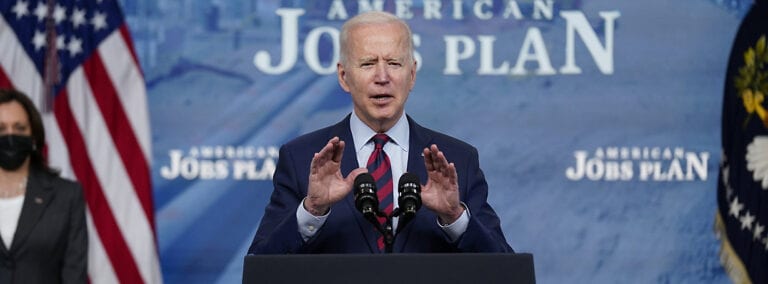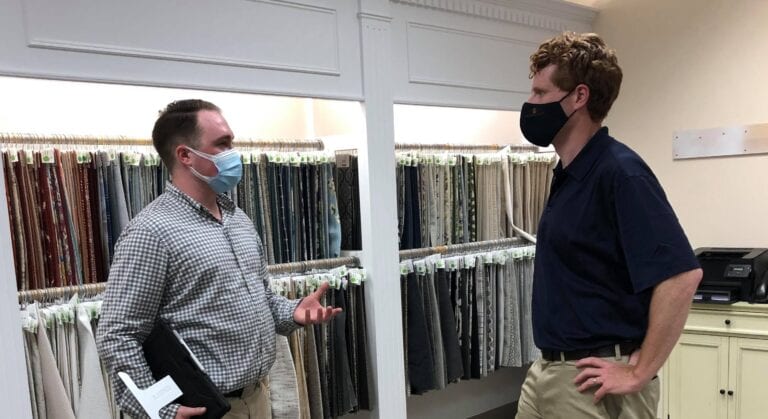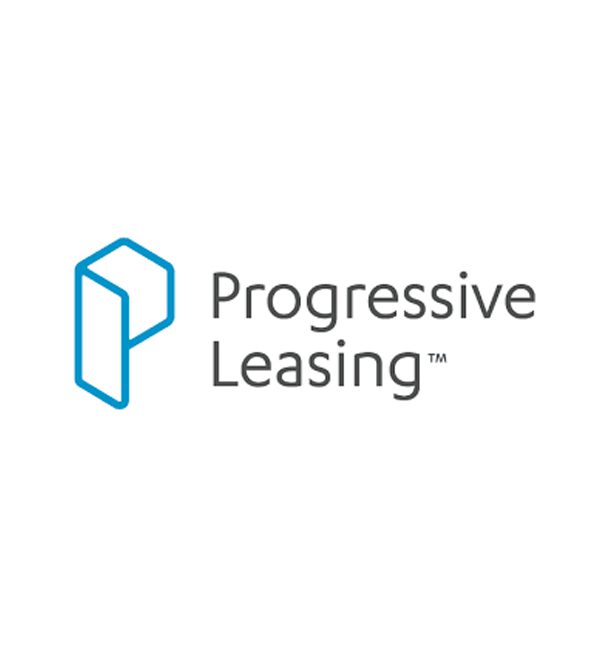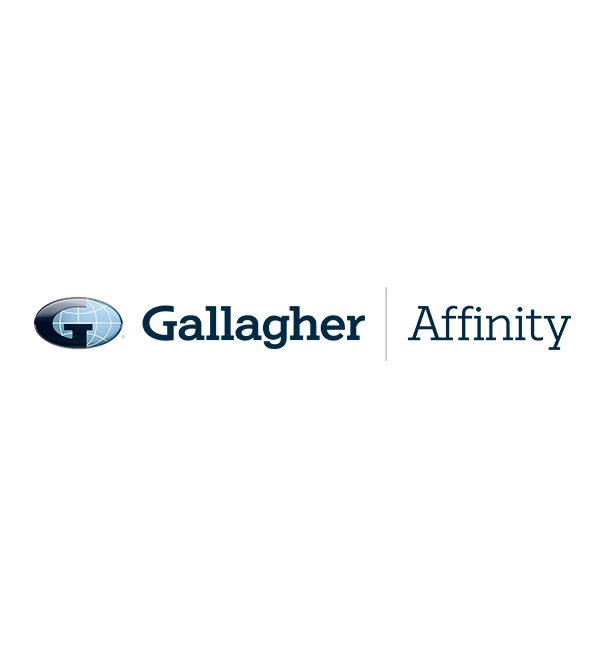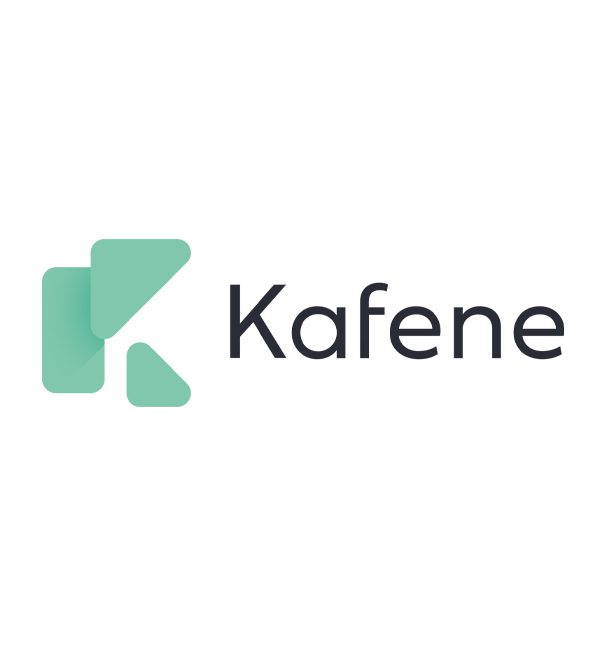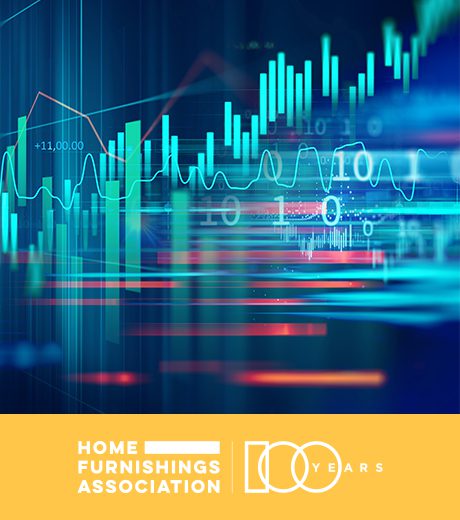A law meant to protect the public from unwanted telephone calls could block furniture retailers from reminding customers about a delivery or some other service.
It is the Telephone Consumer Protection Act, a nearly 30-year-old law that has been updated by the Federal Communications Commission. Unfortunately, the current definition of an “automatic telephone dialing system,” which the law targets, is overly broad and exposes businesses to legal action for calls they make in their customers’ interest. Conflicting court rulings have contributed to business uncertainties.
The Home Furnishings Association last week joined the U.S. Chamber of Commerce and other business groups in a letter to Marlene H. Dortch, secretary of the FCC, in urging clarification.
“Swift action will help facilitate the important, and often time-sensitive, calls that customers receive from health-care providers, pharmacies, grocers, retailers, utility companies, banks, credit unions and other financial service provides, among others,” the letter said.
The business groups said they support strong enforcement efforts to stop illegal calls, citing a 2019 law that provides more tools to prosecute scam calls. But the law must distinguish between fraudulent calls and friendly ones.
Customers want and need many business calls
The letter asked the FCC to redefine automatic telephone dialing systems by specifying that:
- They use a random or sequential number generator utilizing automated dialing.
- And only calls made by those means are subject to restrictions.
Customers often rely on communications from retailers to learn about delivery schedules, appointments, overdue bills, sales and other routine business. Those calls weren’t meant to be prohibited under the Telephone Consumer Protection Act, but ambiguous language has created potential liability for businesses. The FCC has the power to fix that problem, and it should do so quickly.
Other groups signing the letter included the American Bankers Association, American Financial Services Association, Consumer Bankers Association, Credit Union National Association, Edison Electric Institute, Mortgage Bankers Association, National Association of Mutual Insurance Companies, National Retail Federation and Restaurant Law Association.

